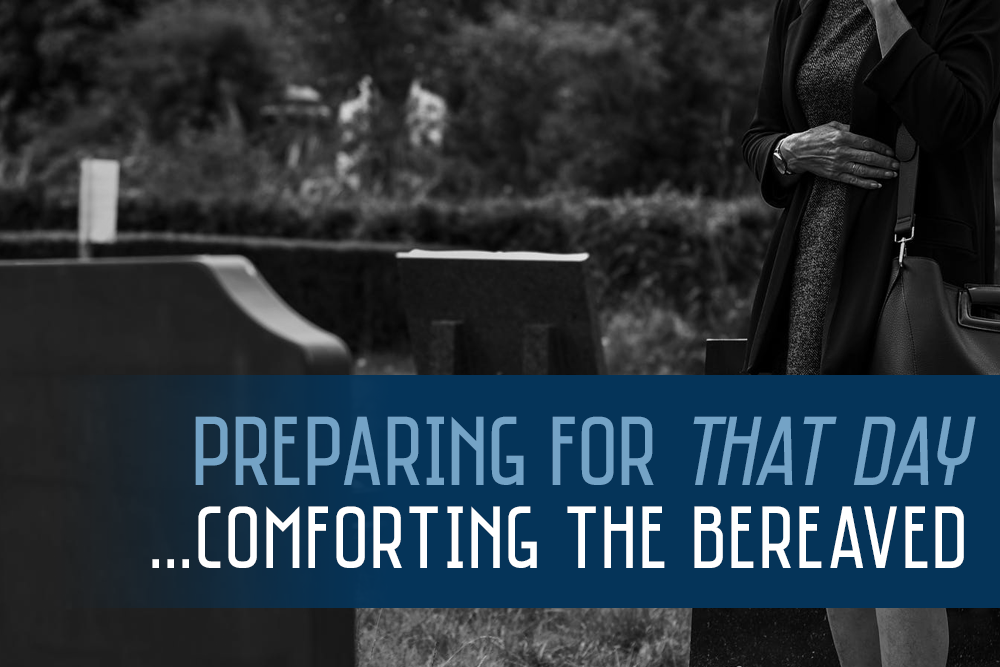The Lord’s return was the major tenet of the Apostle’s teaching.
After all, it was one of the last things they heard when Jesus ascended to heaven,
“They also said, ‘Men of Galilee, why do you stand looking into the sky? This Jesus, who has been taken up from you into heaven, will come in just the same way as you have watched Him go into heaven.’”
– Acts 1:11 NASB
The question was when He would return. Without doubt, the Early Church thought it to be much sooner than later, even within their lifetime. Thus, the urgency in their preaching.
Paul had driven that point home so effectively when he established the Thessalonian church, believers were concerned that those who had died would miss the Lord’s return.
The Apostle answers their heartfelt fear,
“For the Lord Himself will descend from heaven with a shout, with the voice of the archangel and with the trumpet of God, and the dead in Christ will rise first. Then we who are alive and remain will be caught up together with them in the clouds to meet the Lord in the air, and so we shall always be with the Lord.”
– 1 Thessalonians 4:16-17 NASB
He then encourages the saints to encourage one another with this truth,
“Therefore comfort one another with these words.”
– 1 Thessalonians 4:18 NASB
There was no need for the bereaved to worry that those who had died in the Lord would “miss out” on His return. The truth is they actually “won the race” to be with Him (see 2 Corinthians 5:8, 1 Thessalonians 5:10).
Yet, even with that understanding, and thus hope, there is still the feeling of personal loss at the death of one cared for. It is a universal experience witnessed at funerals throughout time. Hence, this passage from 1 Thessalonians is shared a great majority of time at a believer’s burial.
But not all can have such a comforting word:
In a second-century A.D. letter (Poxy 115) discovered in Egypt, a woman named Irene attempts to comfort grieving parents who have just suffered the loss of their son. After stating that she and her family have fulfilled the customary duties that express their sorrow, Irene writes, “But against such things [i.e. death], one can do nothing.” She then ends her letter with words similar to that used of Paul in 4:18: “Therefore encourage each other.” But whereas Irene appeals to the helplessness one has in the face of death, Paul holds before the Thessalonians the hope they have because of Jesus’ resurrection (4:14) and Jesus’ teaching (the “Lord’s own word” in 4:15–17).[1]
It may not seem like we are preparing for that day when we are comforting the bereaved, but we truly are—even through the pain of an earthly loss.



